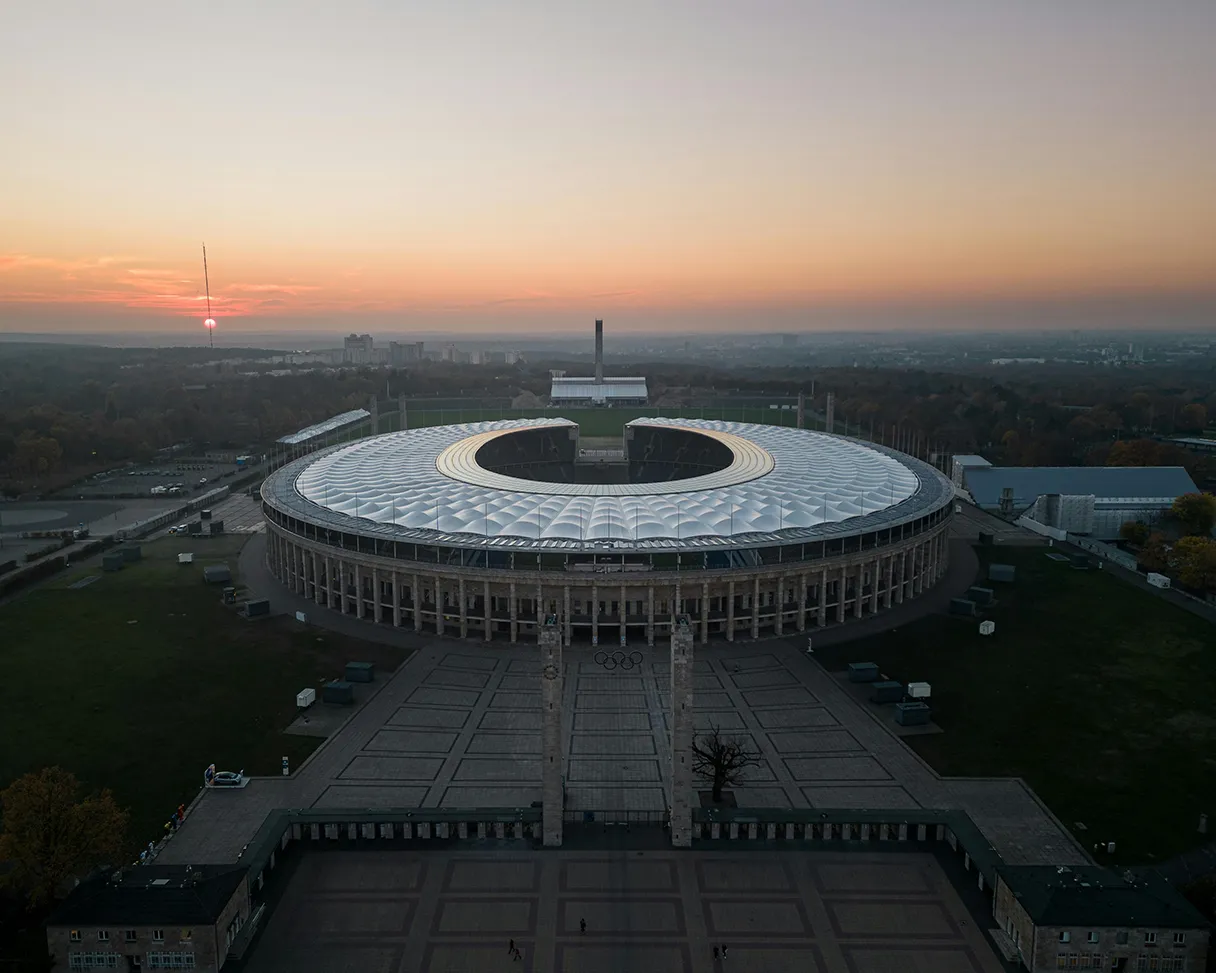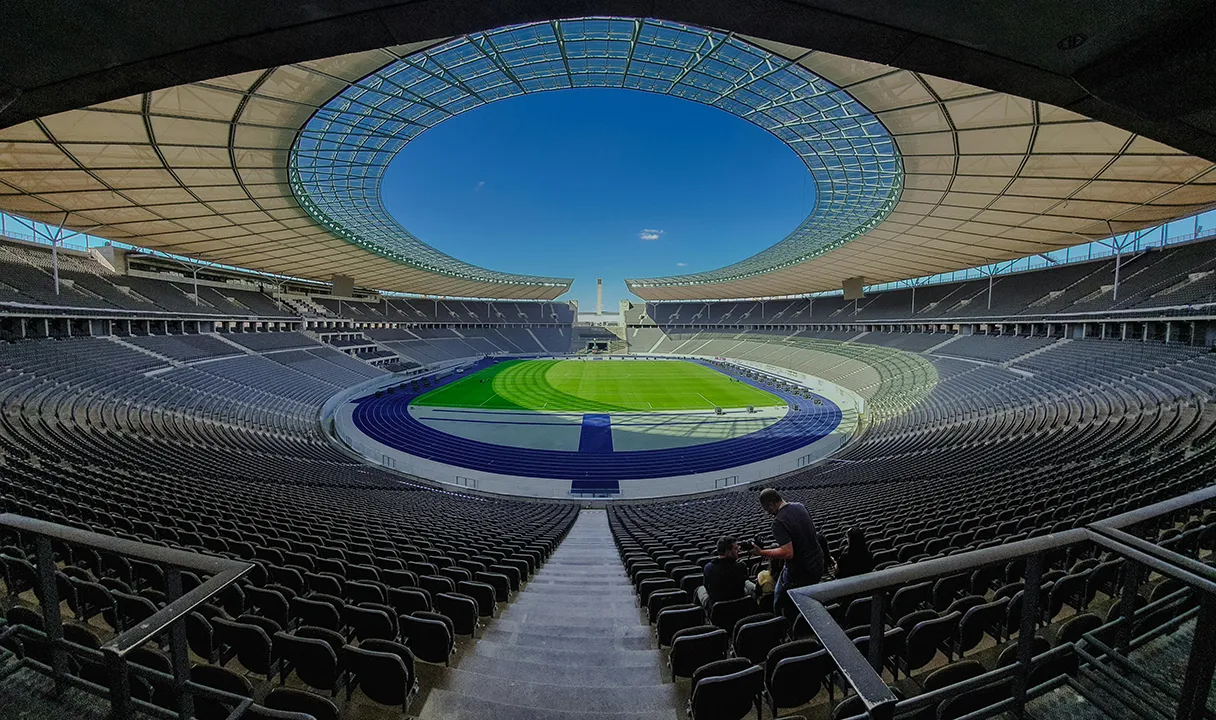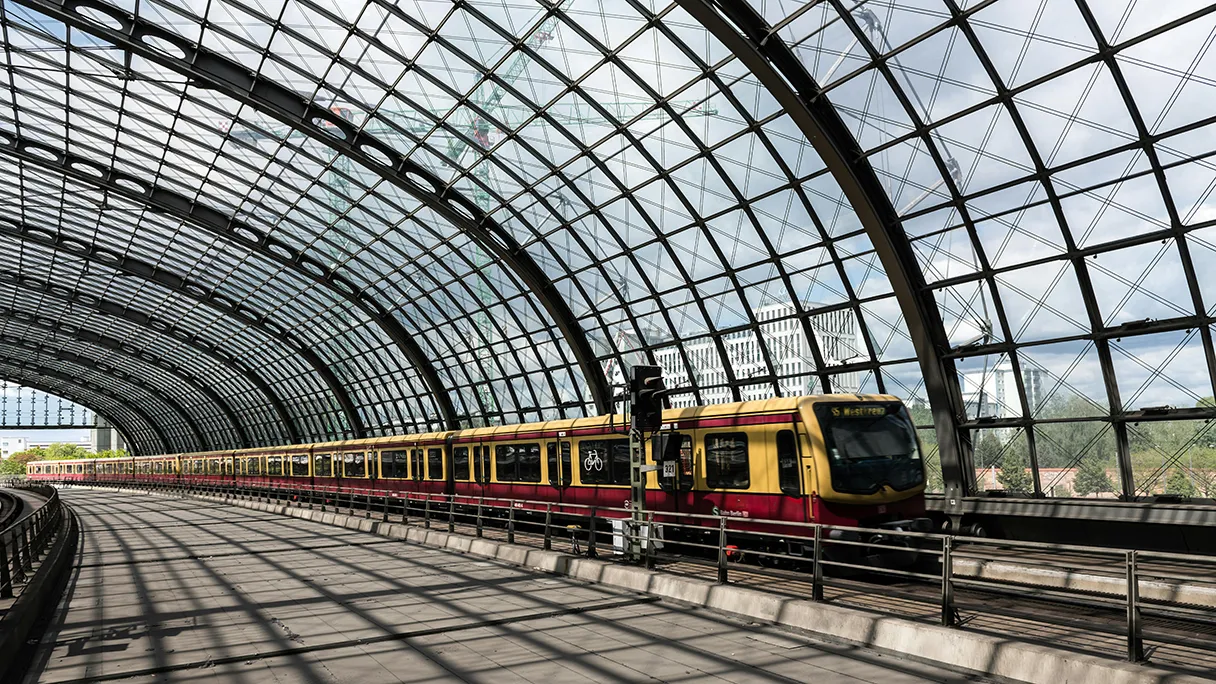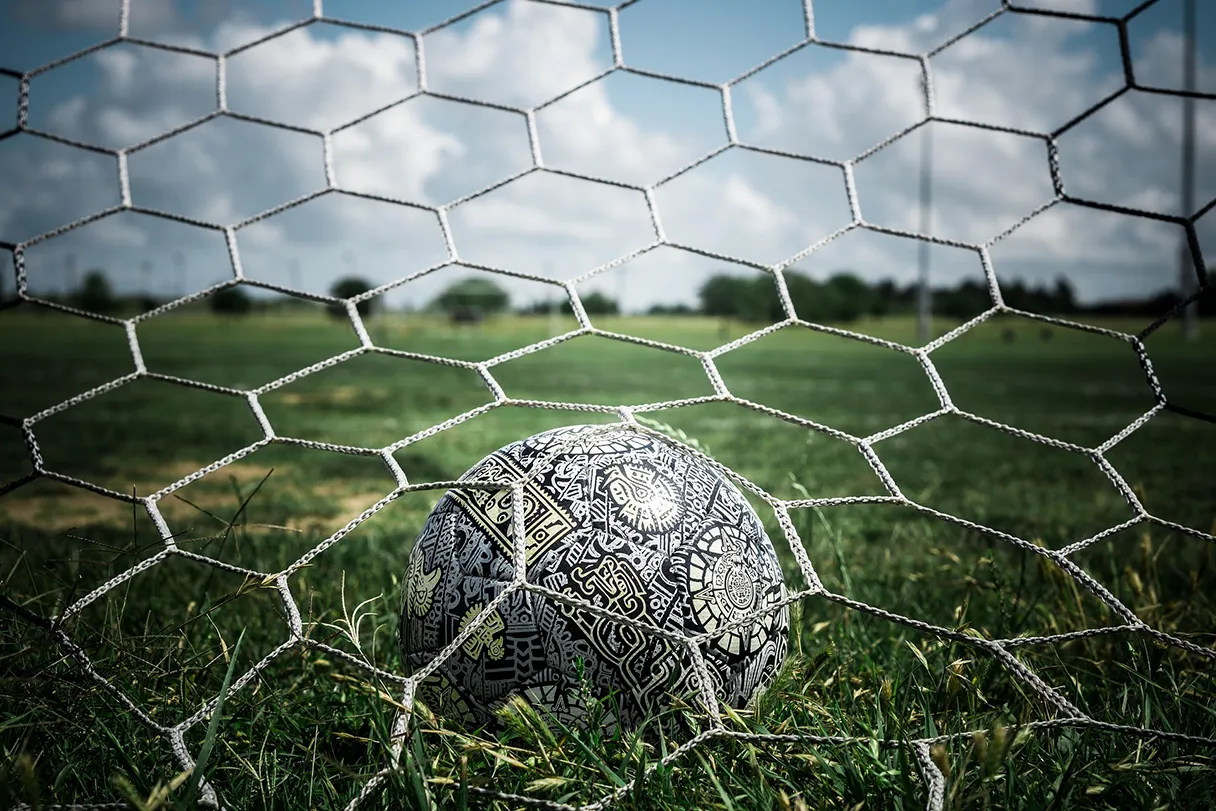 Photo: Frank P., Pixabay
Photo: Frank P., Pixabay
DFB Cup final in Berlin
History, teams and tips for fans
Every year, soccer fans all over Germany look forward to a very special event: the DFB Cup final in Berlin's Olympic Stadium. On May 24, 2025, it will be that time again - this time with a real sensation: third division team Arminia Bielefeld will face Bundesliga club VfB Stuttgart. What makes this final so special? And how will the experience in the Olympic Stadium be an unforgettable day? Here you will find all the important information about the traditional final.
- History of the DFB Cup Final
- Olympiastadion Berlin
- Finalists 2025
- Tickets for the DFB Cup Final
- How to get there
- Curious facts about the DFB Cup Final
1. History of the DFB Cup Final
 Photo: Dario Rawert, Pexels
Photo: Dario Rawert, Pexels
The DFB Cup was created in 1935 as a national soccer club cup and was initially called the “Tschammerpokal”. In the first decades, the venue for the final alternated annually between cities such as Frankfurt, Stuttgart, Hanover, and Düsseldorf. It was not until 1985 that the final was permanently held in Berlin's Olympic Stadium - a decision that originally had a political background: West Berlin was given the final as a “consolation prize” because it was not considered a venue for the 1988 European Championship.
Since then, the final in Berlin has become a firm tradition and one of the most emotional highlights in the German soccer calendar. The fan chant “Berlin, Berlin, we're going to Berlin!” has long since become cult.
2. The Olympiastadion Berlin - A special venue
 Photo: Hub Jacqu, Pexels
Photo: Hub Jacqu, Pexels
The Olympic Stadium is not only architecturally impressive, but also historically significant. It was built in 1936 for the Olympic Games and is now a symbol of Berlin's eventful history. Following extensive modernization (2000-2004), it can seat around 74,000 spectators and is one of the most modern stadiums in Europe. Particularly striking are the open marathon gate with a view of the Maifeld, the Olympic rings at the main entrance, and the imposing towers that characterize the stadium.
The incomparable atmosphere of the “German Wembley” makes the cup final in Berlin a unique experience for fans and players alike.
3. The 2025 finalists: Arminia Bielefeld vs. VfB Stuttgart
This year's final is a real surprise: Arminia Bielefeld is only the fourth time a third division team has reached the final. VfB Stuttgart, last represented in the Champions League, is the favorite, but the cup is known to have its own laws. The final is a historic success for both clubs and is eagerly awaited by their fans.
4. Tickets for the DFB Cup final
Tickets for the cup final are in high demand and will be allocated centrally via the DFB. Tickets for public sale will be available on the DFB ticket portal from April 10, 2025, at 10 a.m. - first come, first served. Unlike in previous years, there will therefore be no application phase or draw for tickets. Remaining tickets will occasionally be sold via the clubs or official partners. Due to the high demand, it is advisable to check the DFB-website early for the latest information and sales phases.
Caution: Unauthorized individuals, ticket dealers, and secondary ticket market platforms are increasingly trying to make money illegitimately. Tickets are often offered that are traded at a multiple of the original price, are invalid, or do not even exist. As the organizer of numerous soccer matches, the German Football Association is taking action against ticket sales on the unauthorized secondary market.
5. Getting to the Olympic Stadium by public transport
 Photo: Wolfgang Weiser, Pexels
Photo: Wolfgang Weiser, Pexels
The Olympiastadion has excellent public transport connections to Berlin. With our EasyCityPass Berlin, you can travel comfortably and don't have to worry about the right ticket for the public transport service ;-) The most important connections:
S-Bahn: S3 and S9 to “Olympiastadion”
U-Bahn: U2 to “Olympiastadion”
Bus: Lines M49 and 218
It is only a few minutes' walk from the train or subway station to the stadium. We recommend arriving early, especially on the final day, as the transportation and entrances are very busy.
6. The “turban hero” Dieter Hoeneß
 Photo: Chaossoccergear, Pixabay
Photo: Chaossoccergear, Pixabay
The DFB Cup final is not only a sporting highlight, but also always provides curious and unforgettable moments. Dieter Hoeneß wrote one of the most legendary stories in the 1982 final: after a collision, he suffered a gaping laceration to his head. But instead of giving up, he had himself stitched up on the sidelines during the half-time break without anaesthetic, returned to the pitch wearing a white turban, and led FC Bayern Munich to a spectacular 4:2 victory against 1. FC Nürnberg with a blood-soaked bandage - including a goal of his own shortly before the end. To this day, this “turban goal” is a symbol of the fighting spirit and drama that made the cup final in Berlin so special.
Conclusion: The DFB Cup final in Berlin's Olympic Stadium is not only a major sporting event, but also a piece of German soccer history. No matter which soccer club you're cheering for, with this article, you'll be well prepared for the soccer highlight of the year! “Berlin, Berlin, we're going to Berlin!”
